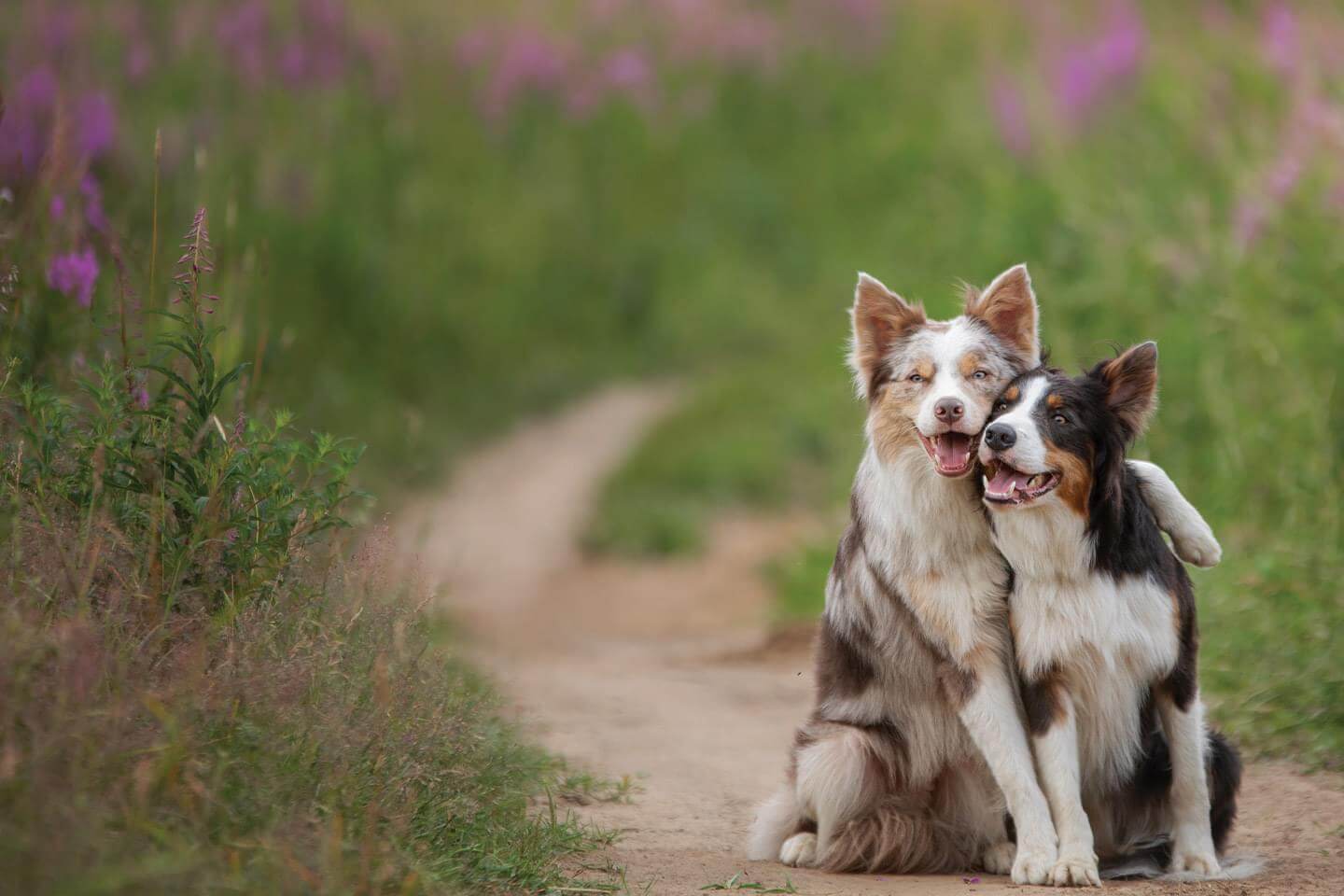You want the very best veterinary medical care available for your pet - to support them and help them live their best lives. At Helena Veterinary Clinic, we do too! Exceptional veterinary care is our standard, including the essential pet vaccines for your furry family.
Call or book online to schedule your pet's appointment with us today!
Why Should I Vaccinate My Pet?
You want to be the best pet parent you can possibly be, and that means making your pet’s health a top priority. The Helena Veterinary Clinic team is here to help you by providing the personalized, high-quality care they need. Vaccinating your pet…
Prevents disease and illness:
Vaccines inform your pet's immune system about what to fight off and, therefore, shield your pet against various diseases. It’s a very effective way to ensure your pet continues to grow and thrive (and enjoy every playful moment with you!)
Will save you money in the long run:
Consider vaccinations an investment in your pet’s health and your peace of mind. Vaccinations are usually low-cost and is a great proactive step you can take to protect your pet and avoid costly veterinary treatments in the future.
Protects your whole family:
Did you know vaccinating your pet also prevents the spread of diseases that can be passed from animals to people? That’s right–vaccinating your furry friend protects the whole family!
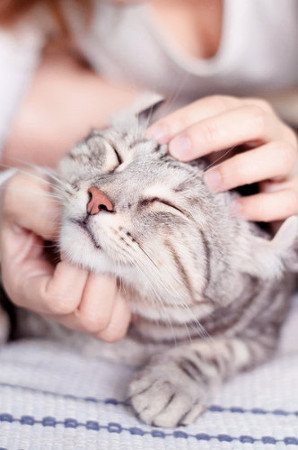
What Vaccinations Does My Pet Need?
Vaccinations for your pet can be broken down into two different categories: core vaccines and non-core vaccines. Core vaccinations are vaccines we recommend for all pets. Non-core vaccinations are vaccines we recommend based on your pet's unique medical history and lifestyle.
Core Vaccines for Puppies and Dogs
- Rabies: A virus that causes an animal’s brain to become inflamed. Rabies spreads through a bite from an infected animal and can be spread to humans.
- Parvovirus: Also known as parvo, this highly contagious virus can be spread from one dog to another through direct or indirect contact with infected feces.
- Canine hepatitis: Also known as infectious canine hepatitis, this is an infection that affects a dog’s liver. This disease is caused by canine mastadenovirus and spreads through an infected dog's saliva, blood, urine, feces, and nasal discharge.
- Canine Parainfluenza: A contagious respiratory virus that is spread through coughing or sneezing with contaminated bowls and bedding.
- Canine distemper virus: A virus that attacks a dog's nervous system, respiratory system, and gastrointestinal system. This virus affects a variety of mammals.
Non-Core Vaccines for Puppies and Dogs
- Leptospirosis
- Giardia
- Lyme disease
- Bordetella bronchiseptica (kennel cough)
Core Vaccines for Kittens and Cats
- Feline panleukopenia virus: also known as feline distemper, is a highly contagious, severe infection that affects a kitten's or cat's nervous, immune, and gastrointestinal systems. Feline distemper affects kittens more severely than cats.
- Rabies: Like dogs, cats can also become infected with rabies. Did you know that cats are the most commonly reported domestic animal with rabies?
- Feline rhinotracheitis: Has many names, including feline viral rhinotracheitis (FVR) and herpesvirus infection. FVR is a highly contagious upper respiratory infection spread through direct contact with saliva and discharge from the nose and eyes of an infected kitten or cat.
- Feline calicivirus: Causes oral disease and different upper respiratory infections in cats. It is spread through the saliva of an infected cat and discharge from the nose and eyes.
Non-Core Vaccines for Kittens and Cats
- Giardia
- Feline infectious peritonitis (FIP)
- Feline leukemia virus (FeLV)
- Chlamydophila felis
*At your first visit, our veterinarians will advise you about your pet's vaccination schedule based on your pet’s health, lifestyle, and local veterinary guidelines.
What to Expect When Vaccinating Your Pet
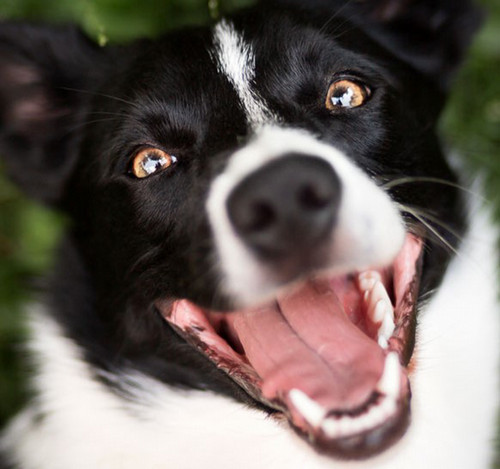
Initial Health Check
Before administering any vaccines, our veterinarians will conduct a thorough health exam to ensure vaccinating your pet is as safe and effective as possible.
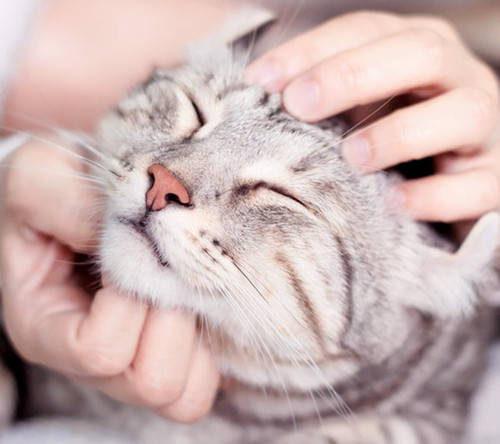
Personalized Vaccination Plan
We understand that each pet we see is unique. Our team will create a personalized vaccination schedule tailored to your pet’s specific needs, lifestyle, and health status. This customized approach ensures optimal protection against diseases.
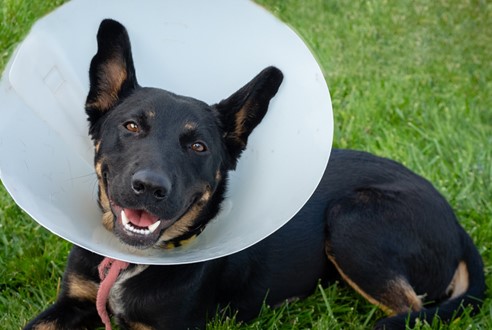
Ongoing Guidance & Support
After your pet has received vaccinations, we’ll always provide you with all the information you need. Most pets bounce back after shots quickly, but we'll discuss normal recovery signs, rare symptoms to look out for, and managing minor side effects at home. Remember, we're just a phone call away if you need advice or your pet needs further attention!
Book Your Pet's Vaccinations Today!
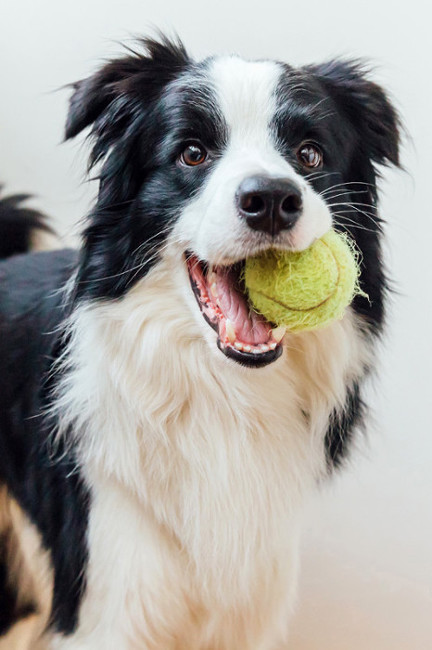
Pet Vaccination FAQs
Here are a few commonly asked questions about pet vaccinations from pet parents in our community.
Why does my pet need vaccinations?
Just like we need vaccines to stay healthy, your pet does too! Vaccinations are your pet's first line of defense against disease. They help your fur baby build immune defenses, keeping them safe, happy, and healthy!
At what age should I start vaccinating my pet?
We recommend that your puppy or kitten start their vaccination journey at 6 to 8 weeks old. It's a key time to start building their immunity, especially as they start to explore the big world around them!
What is the difference between core and non-core pet vaccinations?
Core vaccines are vaccinations that are recommended for all pets. Non-core vaccines are vaccinations that are recommended by veterinarians based on your pet's unique medical background and lifestyle. Rest assured that your veterinarian will create a personalized schedule for your pet!
Are there side effects to pet vaccines?
Most pets handle vaccines like champs! They might be sleepy afterward or experience tenderness at the injection site, but these mild reactions typically pass quickly. Serious side effects are quite rare, but in the case they arise, our expert vets are here to help address any questions or concerns you might have.
We've upgraded our online store!
Ordering your pet's favorite food and medicine is now easier than ever.
Order Food & Meds
Quick & Easy Registration

Please use the phone number and email you currently use for hospital communications to link your account!
Linked Pet Records & Rx

Your pet's prescriptions and records will be waiting for you!
Pawsome
Savings!

AutoShip discounts, promotions on your favorite products and more!

